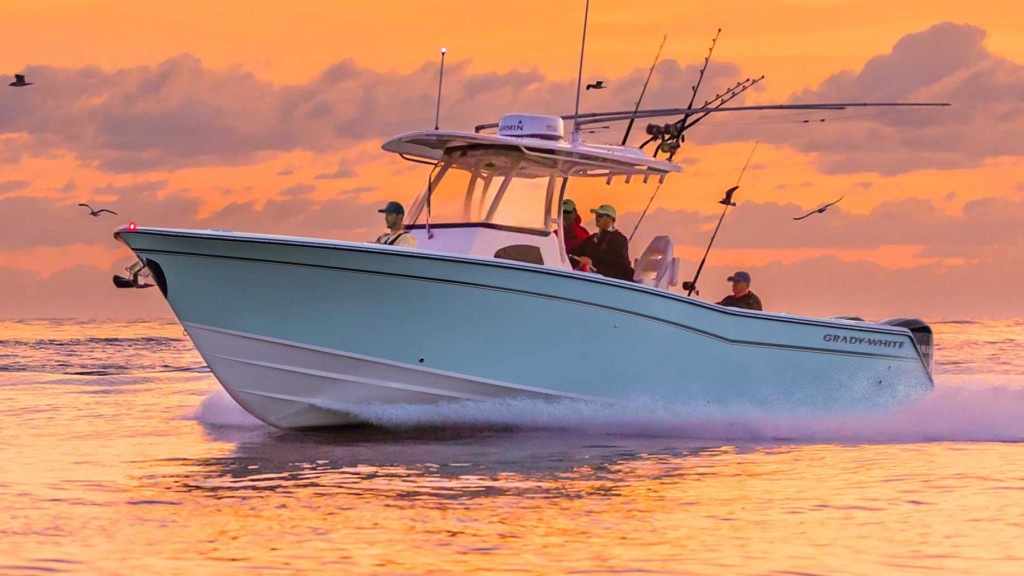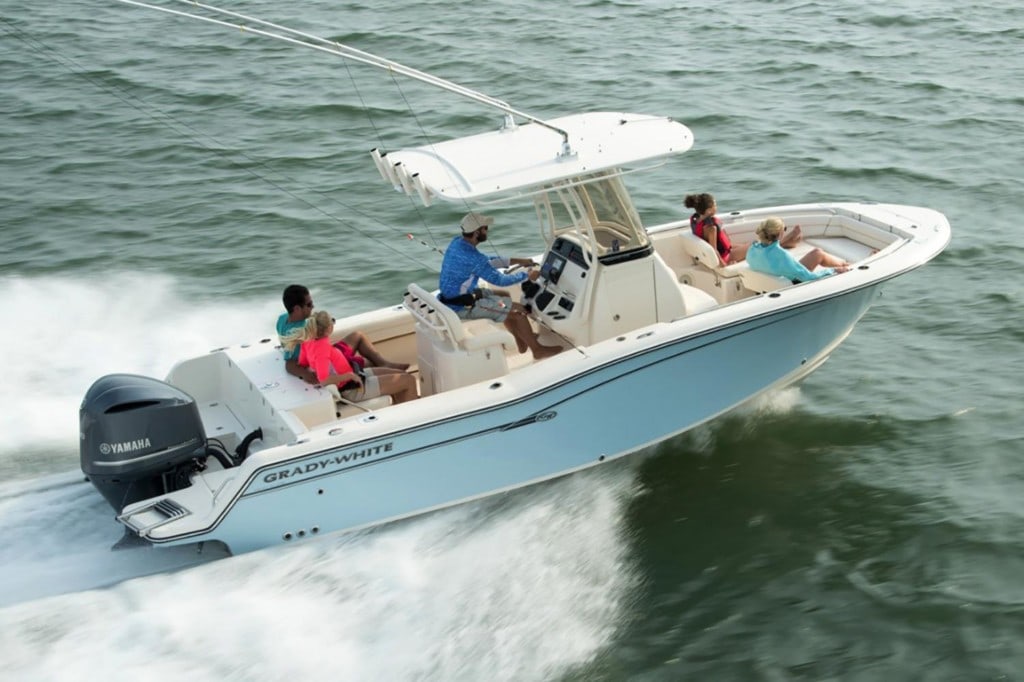Essential Tips for Fire Prevention & Response
Fire safety is a crucial aspect of boating that every boat owner and renter should take seriously. Fires on a boat can be devastating due to the confined space, presence of fuel, and lack of immediate escape options. Knowing the best practices for preventing and handling fires can make all the difference. Here’s what you need to know about fire safety on a boat.

Jump to a Section
- Common causes of boat fires
- Required fire safety equipment
- How to handle a fire emergency
- Legal fire safety requirements
- Lessons from boat fires
- Final tips for fire safety on a boat
Common Causes of Boat Fires & How to Prevent Them
Understanding the most frequent causes of boat fires can help you take proactive steps to prevent them.
1. Fuel Leaks & Improper Refueling
- Gasoline vapors are highly flammable. A single spark can ignite them, leading to a serious fire.
- Prevention Tips:
- Always refuel in a well-ventilated area.
- Turn off the engine and any electrical devices before refueling.
- Regularly inspect fuel lines for wear and tear.
2. Electrical Malfunctions
- Faulty wiring, overloaded circuits, and corroded electrical connections can create sparks that ignite nearby flammable materials.
- Prevention Tips:
- Conduct regular boat inspections of the electrical system.
- Avoid overloading circuits with too many devices.
- Use marine-grade wiring and components.
3. Engine Overheating
- An overheated engine can ignite fuel or oil spills.
- Prevention Tips:
- Keep the engine well-maintained and check for leaks.
- Ensure proper ventilation around the engine compartment.
4. Cooking Equipment & Open Flames
- Stoves, grills, and candles can all be fire hazards on a boat.
- Prevention Tips:
- Never leave cooking appliances unattended.
- Use fire-resistant mats under cooking areas.
- Keep flammable materials away from cooking areas.
5. Smoking & Careless Use of Fire
- Cigarettes and lighters can easily ignite fuel vapors or flammable materials.
- Prevention Tips:
- Designate a safe smoking area away from fuel sources.
- Fully extinguish cigarette butts and dispose of them properly.

Required Fire Safety Equipment on Boats
Boats must be equipped with proper fire safety gear to comply with U.S. Coast Guard regulations.
1. Fire Extinguishers
- Every boat should have at least one fire extinguisher, with larger boats requiring multiple units.
- Recommended Type: Marine-rated Class B fire extinguishers (for fuel and grease fires).
- Where to Store: Easily accessible locations such as near the helm, galley, and engine compartment.
2. Smoke & Carbon Monoxide Detectors
- These devices provide an early warning in case of fire or dangerous gas buildup.
- Best Placement: In enclosed cabins and near fuel storage areas.
3. Fire Blankets
- Ideal for smothering small fires or protecting individuals during evacuation.
4. Automatic Fire Suppression Systems
- Some larger boats have automated fire suppression systems in the engine room that release fire retardant when triggered.
How to Handle a Fire Emergency on a Boat
If a fire breaks out, taking the right actions quickly can help prevent disaster.
Step 1: Alert Everyone Onboard
- Shout “Fire!” to ensure everyone is aware and can take action.
Step 2: Shut Off Fuel & Electrical Systems
- Cutting power and fuel flow reduces the fire’s source.
Step 3: Use a Fire Extinguisher
- Follow the PASS method:
- Pull the pin.
- Aim at the base of the fire.
- Squeeze the handle.
- Sweep from side to side until the fire is out.
Step 4: Evacuate If Necessary
- If the fire spreads rapidly and cannot be controlled, prepare to abandon the boat.
- Wear life jackets and deploy a life raft if available.
Step 5: Call for Help
- Use a VHF radio to send a distress call (Channel 16 for emergencies).
Legal Fire Safety Requirements for Boat Owners
The U.S. Coast Guard and state regulations require specific fire safety measures on boats. Here are some key requirements:
- Boats with enclosed fuel tanks or engine compartments must carry a fire extinguisher.
- Larger boats must have multiple extinguishers, based on vessel size.
- Regular inspections and maintenance of fire safety equipment are required.
- Boaters should complete a fire safety checklist before every trip.
Lessons from Real-Life Boat Fire Incidents
There have been cases where boaters ignored maintenance, leading to severe fire damage. Some incidents include:
- Fuel spillage igniting during engine startup due to undetected leaks.
- Unattended cooking fires that spread rapidly.
- Improper storage of flammable materials leading to accidental ignition.
These cases highlight the importance of regular inspections, safe fuel handling, and following fire prevention guidelines.
Final Tips for Fire Safety on a Boat
- Conduct regular fire safety drills so all passengers know how to respond.
- Keep fire extinguishers in easily accessible locations.
- Never store flammable materials near heat sources.
- Always check for fuel leaks before starting the engine.
- If a fire occurs, remain calm and act quickly to extinguish it or evacuate.
By following these fire safety best practices, you can enjoy your time on the water with peace of mind. Stay safe and happy boating!
